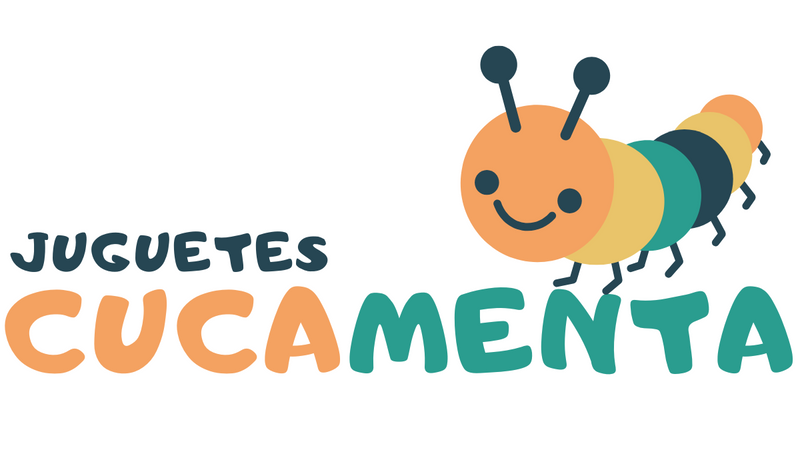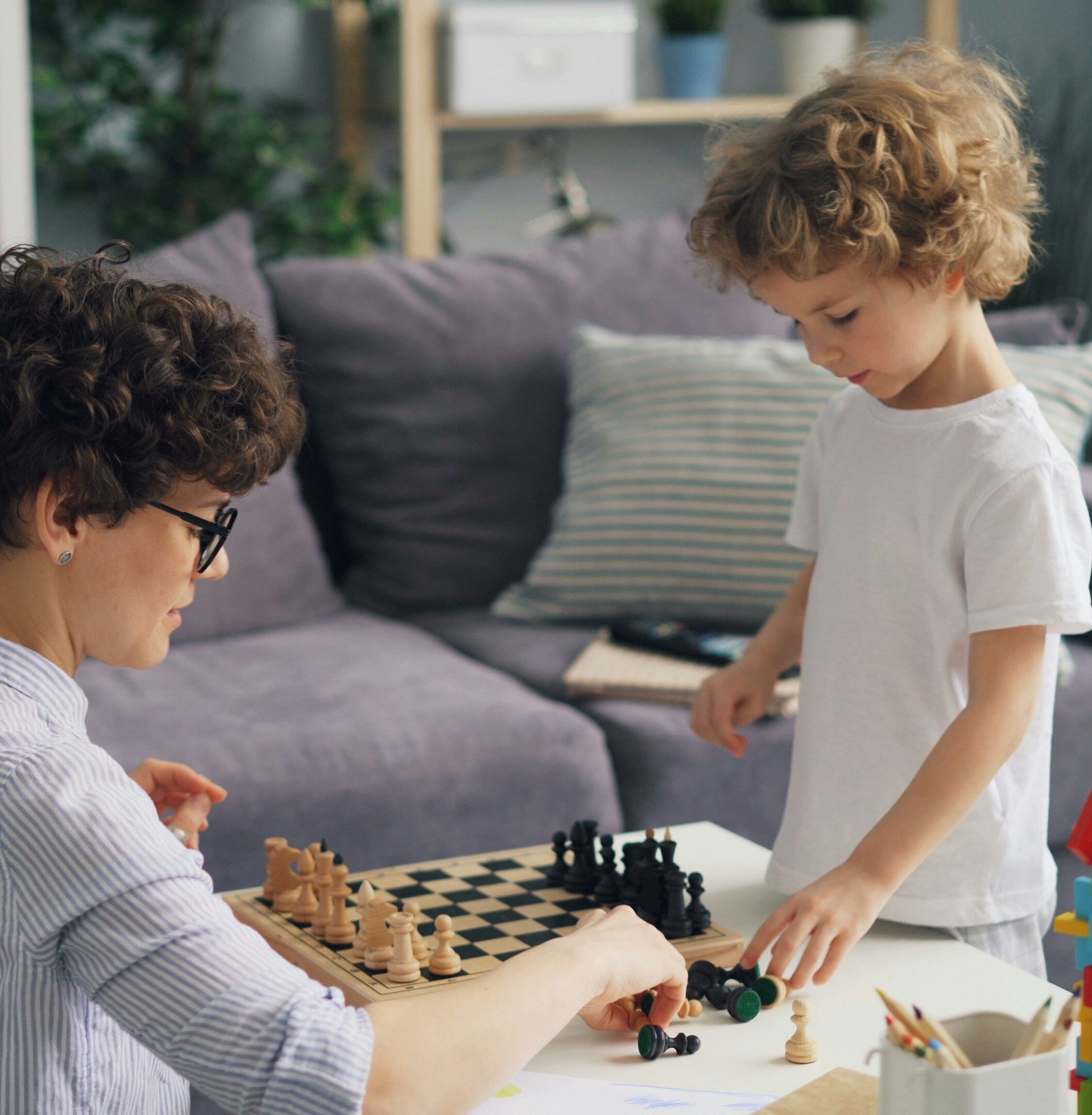A game has never been won by abandoning it
Savielly Tartakower
Next July 20 will be World Chess Day , chosen in 2019 by the United Nations to commemorate the date of the founding of the International Chess Federation (FIDE) in Paris, in 1924.
Taking advantage of the fact that 100 years ago, at Cucamenta we want to pay tribute to this fantastic sport, one of the board games that children can learn from an early age and that provides numerous health benefits.
What is the origin of chess?

From the UN they explain that chess "is one of the oldest games, it has an intellectual and cultural character, and combines elements of sport, scientific reasoning and art." Anyone from anywhere can play, which gives it important value. Chess transcends barriers of language, age, gender, physical ability or social situation.
On the squared board, two players face each other, each with 16 pieces and a series of guidelines. The goal is to checkmate the king. In total, there are about 2,000 variants of the game.
A predecessor of chess is considered to be a game called Chaturanga that emerged in the northern Indian subcontinent during the Gupta period (~319 - 543 AD). It consisted of four pieces: cavalry and infantry, elephants and war chariots (converted into the pawn, the knight, the bishop and the rook), and four players faced each other. In Persia it was later called Chatrang, and later Shatranj, later extended by the Silk Road to western Persia and other regions, including the Arabian Peninsula and Byzantium.
In the year 1000, chess spread throughout Europe and reached Russia. There are descriptions of the game and its techniques, such as those written by the masters of the Abbasid dynasty al-Suli and al-Lajlaj, or the one detailed in the Book of Games - a manuscript on popular games - by Alfonso X.
In the 18th century, the first clubs appeared and in 1851 the first international tournament was held in London, which recognized the world champion of the sport, pioneered by Wilhelm Steinitz. After the resignation of the current World Champion (2013-2023), Magnus Carlsen, last year the Russian Ian Nepomniachtchi and the Chinese Ding Liren faced each other. The latter is the current world champion.
But chess is not just about Bobby Fisher, Olga Alexandrova, Karpov or Kasparov. Anyone of almost any age can learn it and have fun. In fact, it is a fantastic activity for your children.
At what age can a child learn to play chess?
The consensus is that children can learn to play chess from the age of 5 , an age from which they can retain concepts and understand the rules. It is advisable to go to classes, practice daily and cultivate patience.
According to Chess Base , the educational chess approach suggests working between 4 and 7 years old, working with the rudiments proposed by prechess, cultivating from 7 or 8 years old, a more technical teaching oriented to the rules and techniques of chess. recreational and later, with competitive chess. Play offers many advantages for intellectual, emotional and social development at an early age.
Benefits of chess for children

- Improves cognitive skills, concentration and memory : Chess requires great attention and memorization of moves, which prepares the child for faster and more efficient learning.
- Prevents dementia : At older ages, it helps prevent cognitive decline and prevent future problems such as dementia and Alzheimer's. A study that followed more than 10,000 older Australians and their habits for a decade concluded that chess allows for "greater efficiency in the use of brain networks."
- Confidence, self-esteem and autonomy : Chess encourages autonomous and independent problem solving, equips children with better planning and organizational skills and teaches them to cultivate patience, self-confidence and responsibility at an early stage.
- Enhances logical thinking : along with sudokus, puzzles, recipes or crossword puzzles with mathematical operations, chess is an excellent way to work on logical mathematical thinking in children, in addition to visual memory or calculation.
- And creative thinking too! : Chess also helps you work on lateral thinking, thinking outside the box and trying to surprise your opponents.
- Brain stimulation: chess multiplies neuronal connections and stimulates the growth of dendrites , which are the branched extensions of neurons. It also increases brain processing speed and exercises both brain hemispheres at the same time.
In addition, chess provides a mental challenge for hyperactive children, encourages new friendships and social connections, teaches how to lose and compete in a healthy and sporting way, and can prevent or alleviate mental health problems such as anxiety or depression. It is also a great activity to practice as a family. You can do tournaments at home on weekends, or dedicate time to it during vacations.


0 comments